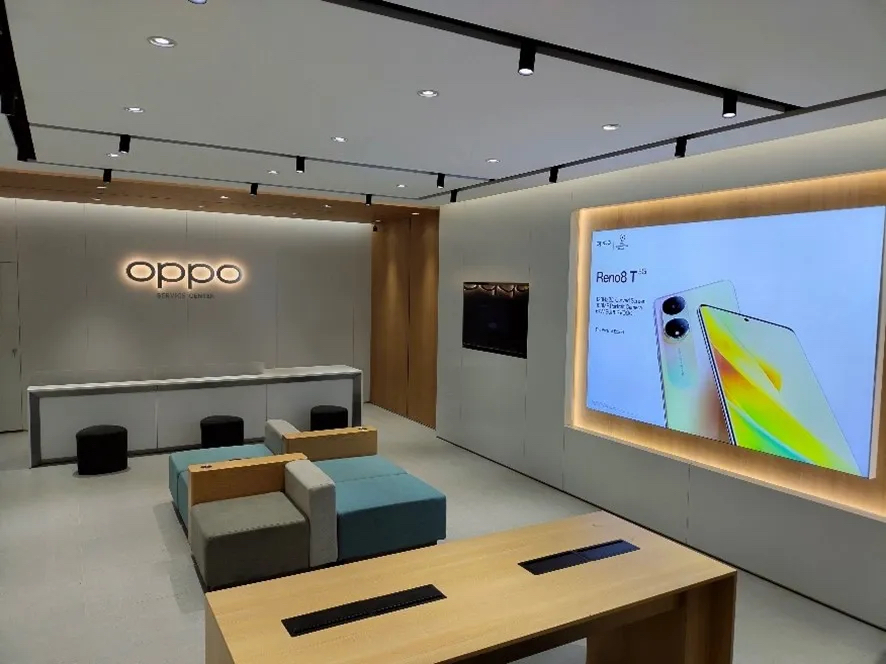Accelerate infrastructure development to promote intra-continental trade, says PMI

The annual commemoration of Africa Day marks the Organisation of African Unity (OAU) founding in 1963. Now called the African Union, 2023 is the diamond jubilee year of the OAU, the continental body representing 55 member states that make up the African Continent. While the anniversary is being celebrated under the slogan, “Our Africa Our Future,” at the heart of this year’s celebration is the vision and implementation of the African Continental Free Trade Area (AfCFTA). The AU theme for 2023 is Acceleration of AfCFTA Implementation.
Once fully implemented, the trade pact will create the world’s largest free trade area for goods and services across member states and deepen economic integration within the continent. The trade area created by this agreement is expected to have a combined gross domestic product of approximately $3.4 trillion USD.
Furthermore, adopting AfCFTA will enhance mobility bringing transformative change and tremendous economic and business opportunities. According to the World Economic Forum, AfCFTA will provide investors unparalleled access to a population of 1.7 billion people and consumer spending reaching $6.7 billion by 2030. The report highlights automotive; agriculture and agro-processing; pharmaceuticals; and transport and logistics as the four sectors expected to see a rapid acceleration in production and trade volumes, given they have a high potential to meet demand with local production.
Currently, intra-African trade accounts for approximately 14% of total trade in Africa, compared to significantly higher percentages achieved by Europe, North America, and ASEAN, which have reached intra-regional trade levels of around 60%, 40%, and 30%, respectively. To address this disparity, AfCFTA aims to facilitate the growth of intra-African trade by eliminating trade barriers, harmonising trade rules, and fostering synergies among African nations.
“Goods do not move independently,” says George Asamani, MD, Sub Saharan Africa, PMI.
“Infrastructure is among the key elements essential to making AfCFTA work effectively. The development and improvement of power, transport, and communications infrastructure and the establishment of efficient road, air, port, and rail networks are crucial for enabling seamless trade facilitation and promoting economic integration.”
The Kenyan government has earmarked a substantial Ksh 1.3 trillion (USD 11.6 billion) budget for road projects in the 2023/2024 fiscal year, aiming to enhance road infrastructure and promote economic development. The country has also embarked on significant initiatives to improve its transportation systems and foster sustainable growth. Collaborating with the European Commission, Kenya has secured Ksh 50 billion (approx $375.4 million) to finance the construction of the first dedicated electric bus rapid lane in East Africa.
Kenya is among the first eight countries participating in AfCFTA’s Guided Trade Initiative (GTI). The GTI seeks to allow commercially meaningful trading and to test the operational, institutional, legal, and trade policy environment under the AfCFTA.
“Increasing intra-African trade will bring numerous benefits to the continent, such as industrialisation, economic diversification, and the development of natural resources, commodities, and agricultural produce. However, it is important to acknowledge that this growth will significantly burden the associated infrastructure like roads, railways, power, ports, and telecommunications,” adds Asamani.
“There will be substantially increased demand for new industrial parks and Special Economic Zones. These parks need to be financed and built.”
The African Development Bank estimated that Africa needs infrastructure financing of $130-170 billion annually (pre-Covid), given its rapid population growth and urbanisation.
“It is abundantly clear that AfCFTA is the cart, and infrastructure will be the horse that pulls it forward. Megaprojects will be crucial to the future of AfCFTA, but the problem is that these projects often go off the rails, either regarding budget or time—or both. For AfCFTA to succeed, Africa must engineer a skilling revolution. Never have the stakes been so high to ensure the timely execution of projects., concludes Asamani.
“There is a pressing need for competent and qualified project managers to deliver projects to a high standard, as efficiently and effectively as possible. As these projects come to fruition, they will contribute to the acceleration of AfCFTA by facilitating smoother trade flows, enhancing connectivity, and driving economic growth in Kenya and across the African continent.”
According to the latest research conducted by the Project Management Institute (PMI), effective project management practices have significantly improved project success rates. The PMI Pulse of the Profession report highlights the value of project managers in navigating complexities, mitigating risks, and seizing opportunities, ultimately ensuring the seamless execution of initiatives.
“Given the scope and objectives of the AfCFTA, it is crucial to identify and develop the project management skills needed to support its successful implementation and operation. At the PMI Africa Conference in Kenya, we are bringing together industry experts and stakeholders to share their views and insights on building a skills base that is equipped to execute on the significant opportunities presented by the pact. We are hopeful that the discussions will inform policy decisions, facilitate collaboration between public and private sectors, and place more project professionals in leadership roles within AfCFTA,” says Jeane Mathenge, President, PMI Kenya Chapter.
The highly anticipated PMI Africa Conference will take place from September 10-12 in Nairobi, Kenya. It will focus on skills transformation, youth empowerment, women in project management, and accelerating Africa’s infrastructure development under the theme – Africa, We Want: Together We Can.









